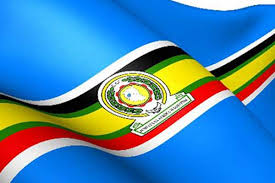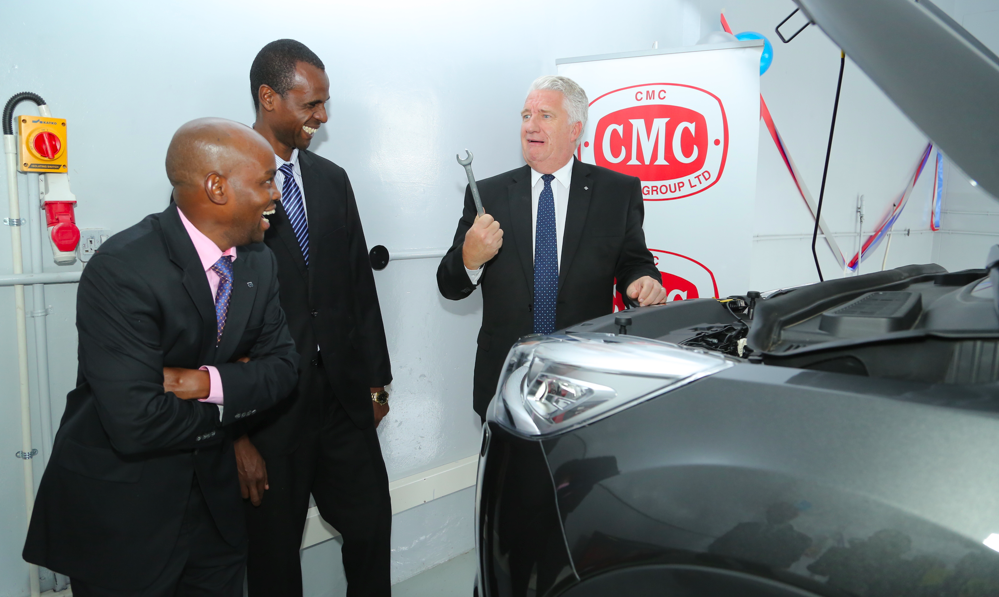East African Community (EAC) member states could start using a common currency soon after the necessary legislation is assented to by the heads of states. The enactments will enable EAC citizens to trade easily with each other.
EAC and Regional Development Cabinet Secretary Adan Mohamed said that EAC’s monetary union would create an environment with common monetary and fiscal policies thus enabling traders and investors to transact using a common currency.
EAC’s combined market size can be leveraged to compete at the global stage and is a key tool when negotiating on trade and investments.
East African Community states had agreed on a 10-year plan to harmonize their currencies by 2024 on four primary convergence criteria; a ceiling on headline inflation of 8 per cent, each state to hold forex reserves of 4.5 months import cover, overall deficit of 3 percent of GDP, and keep the debt-to-GDP ratio at no more than 50 percent.
Mr Mohamed added,” the future of the East African Business Council will be to usher in a more dynamic and strengthened self-regulation mechanism for the private sector.”
The Ease of Doing Business agenda, infrastructure development, and other enablers that support business growth said, CS Adan Mohammed
EAC is one of the most integrated regional blocs on the continent with a vibrant private sector that plays a vital role in economic development.




